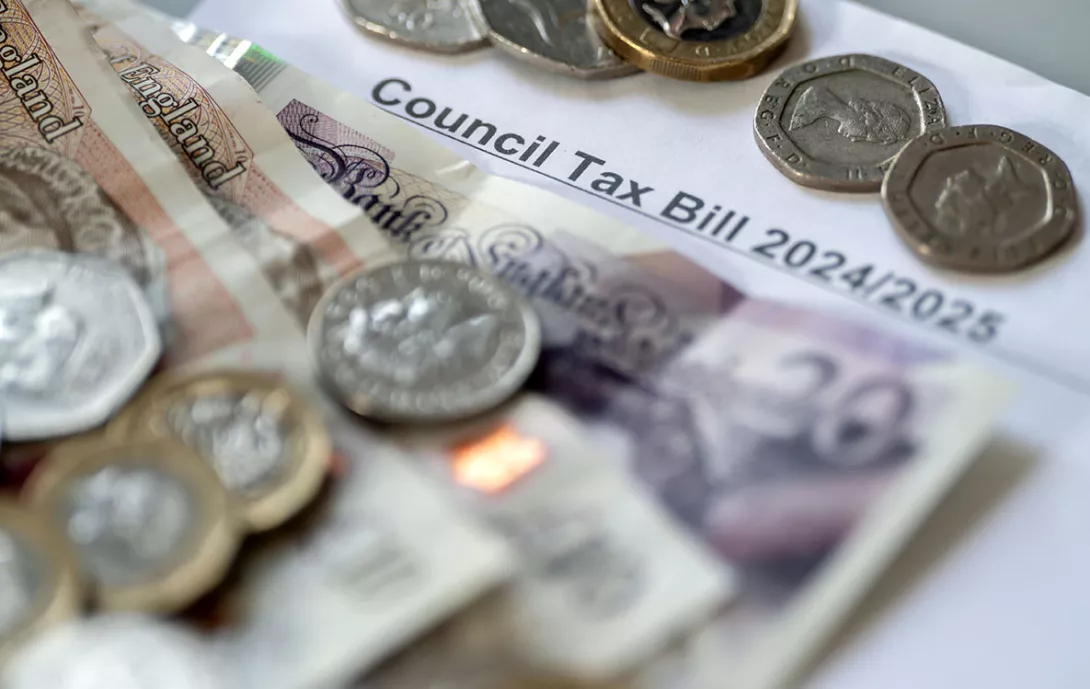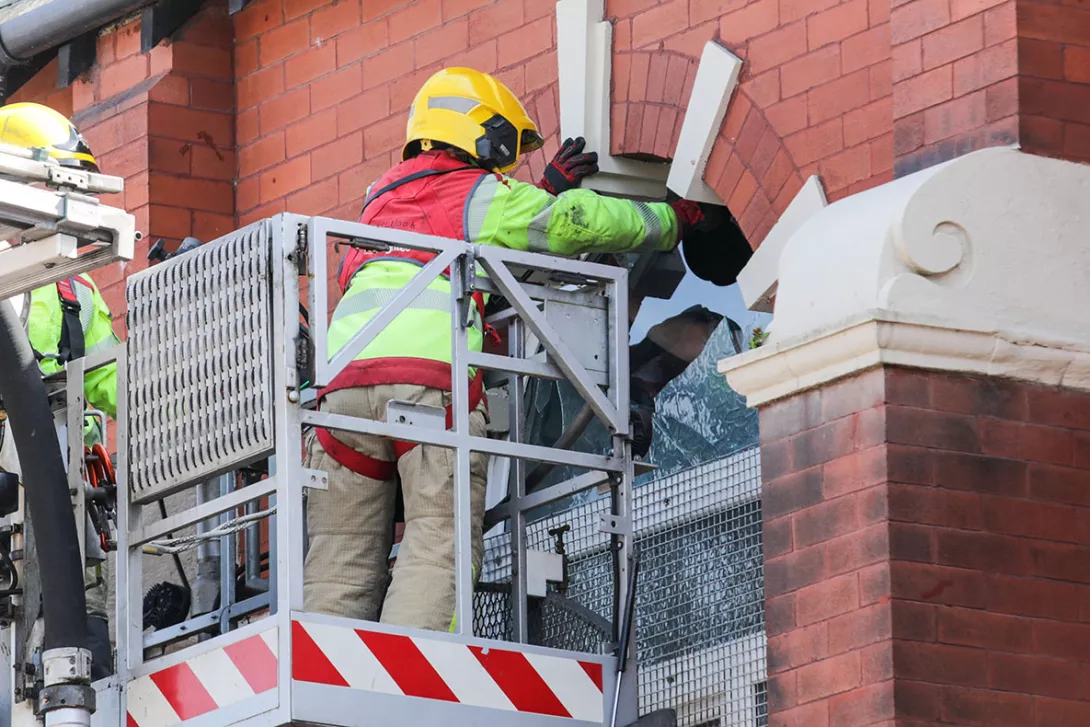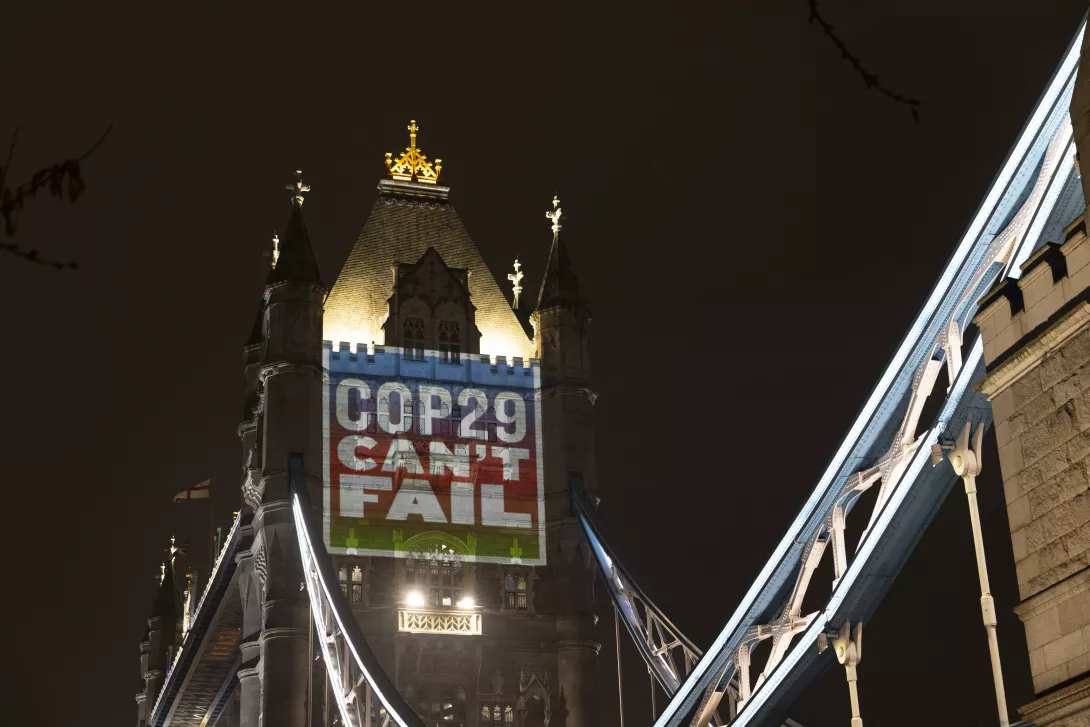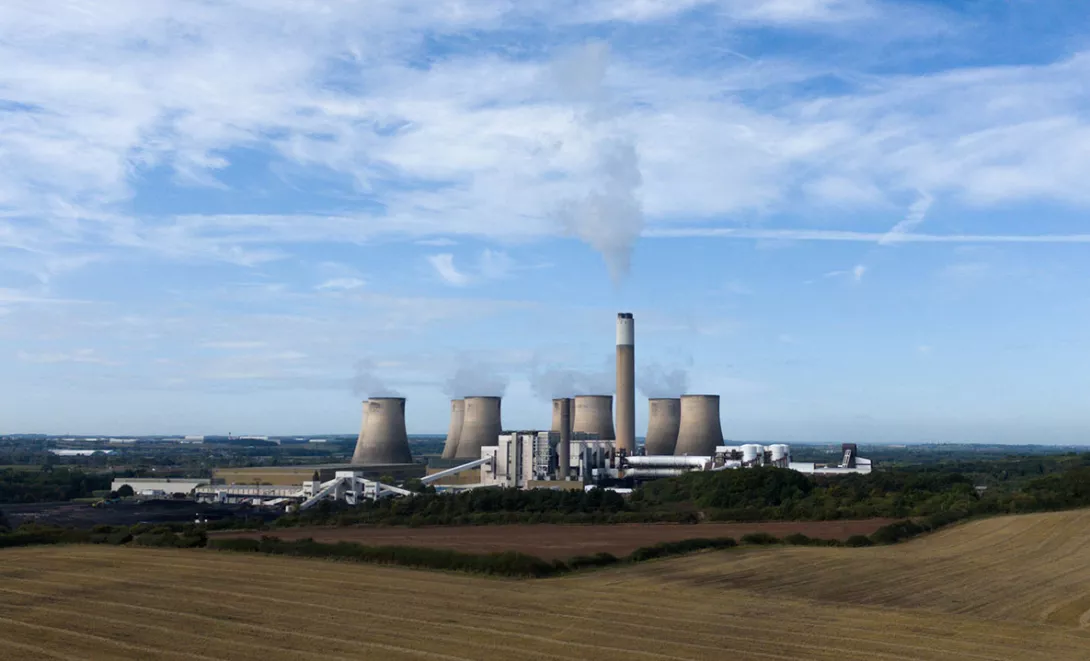Britain’s last coal-fired power station to close next week
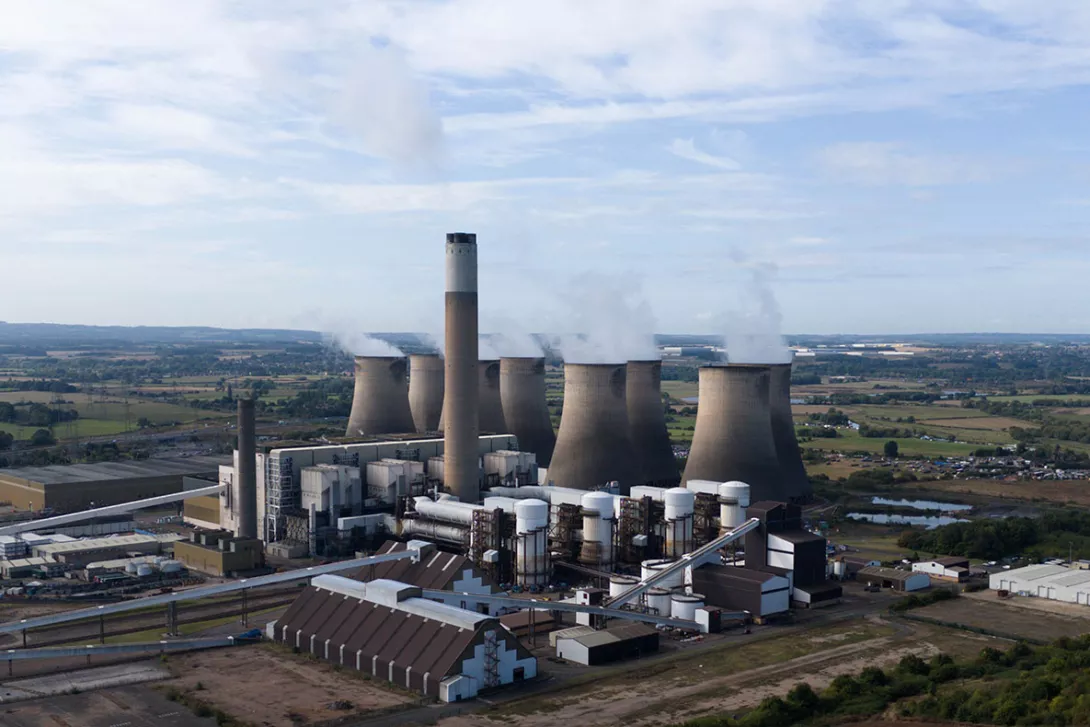
BRITAIN’S last coal-fired power station Ratcliffe-on-Soar will close its doors on Monday.
The power station, located in Nottinghamshire, has supplied the nation with electricity since 1968.
Its closure will mark the end of Britain’s 142-year reliance on the fossil fuel, and make Britain the first G7 country to phase out coal power.
More from this author
Similar stories
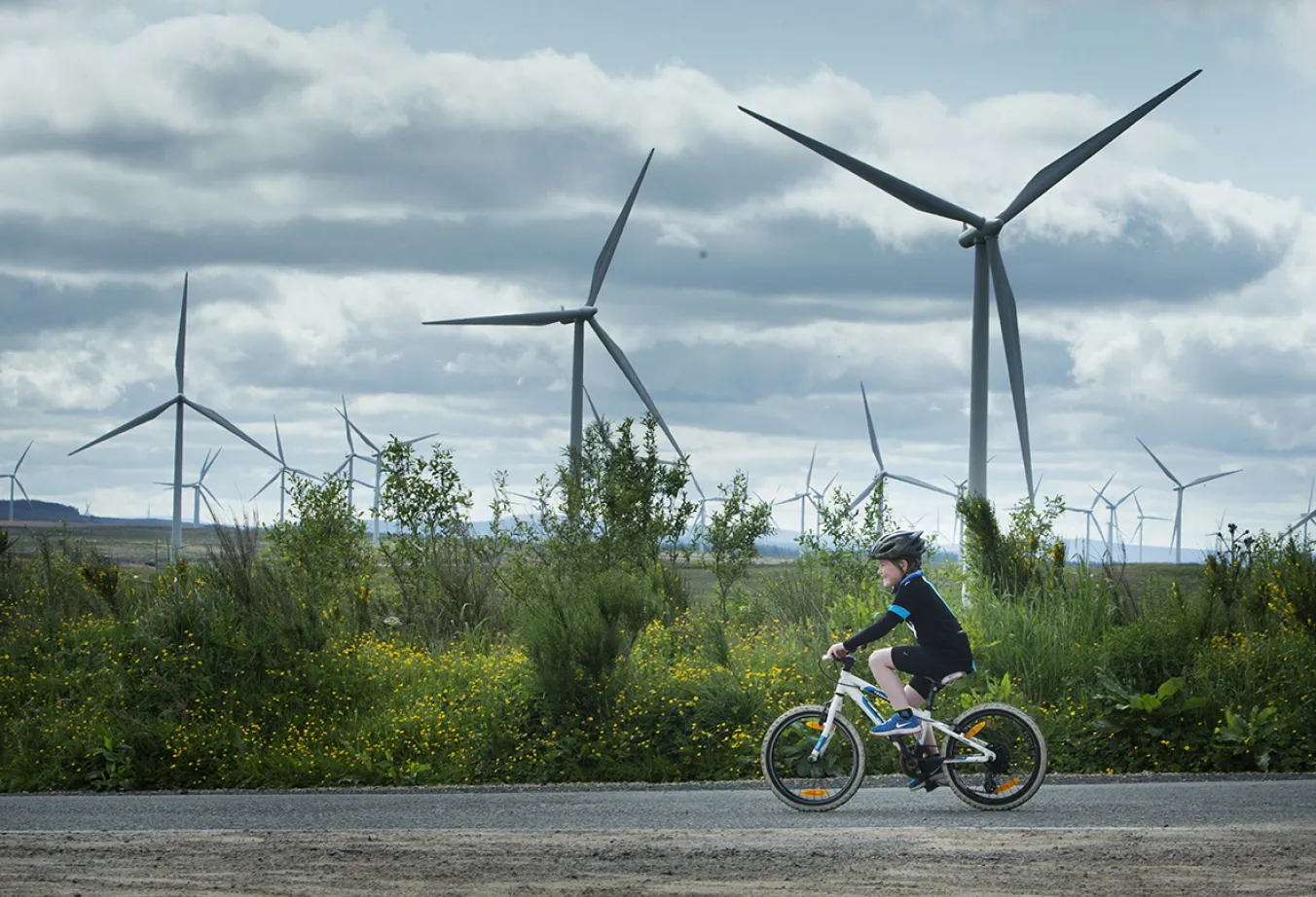
But Unite warns that Labour has ‘missed a golden opportunity to bring the national grid under public ownership’
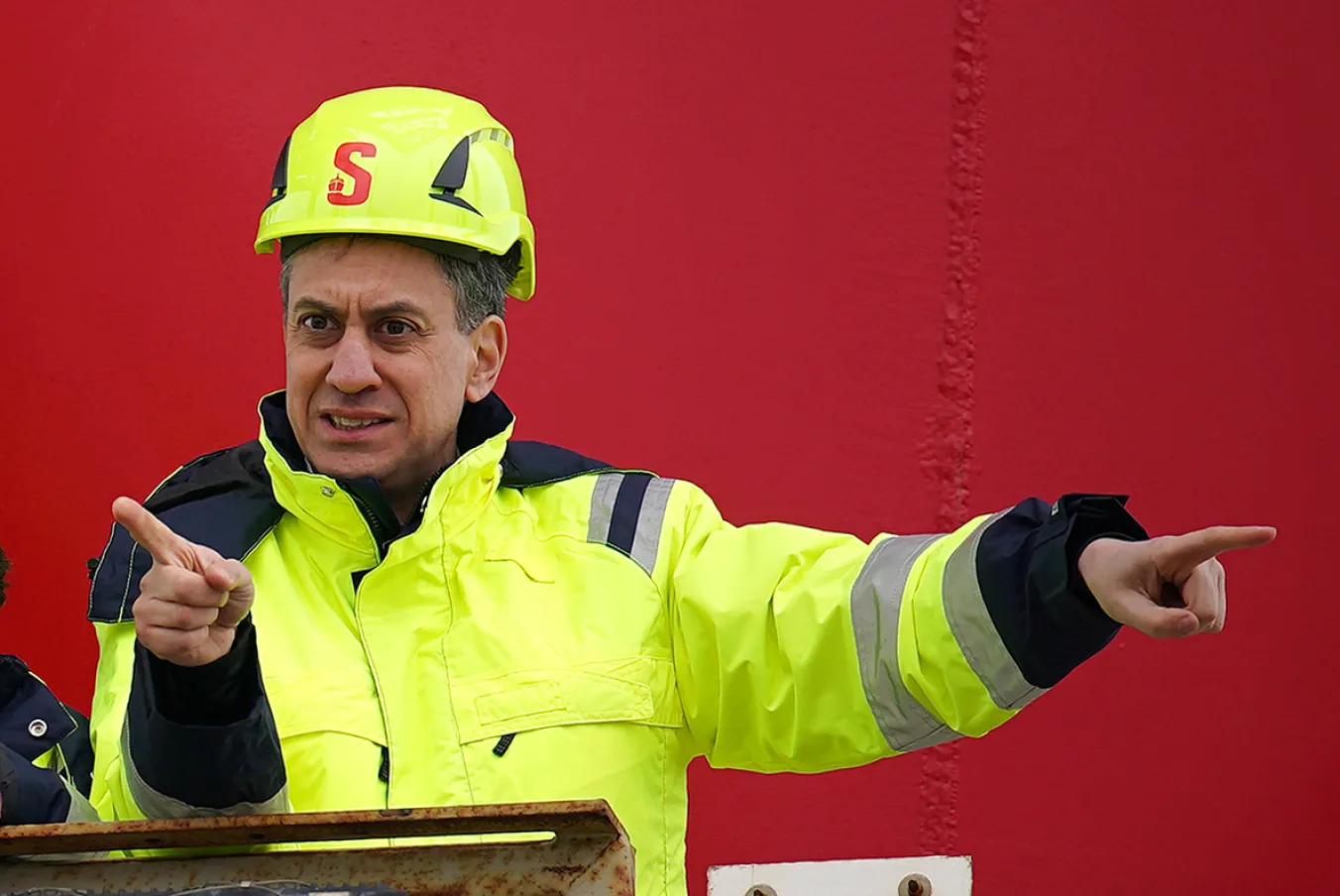
The government’s reliance on unproven and short-termist technology won’t deliver answers to today’s energy crisis, warns MARK MASLIN











